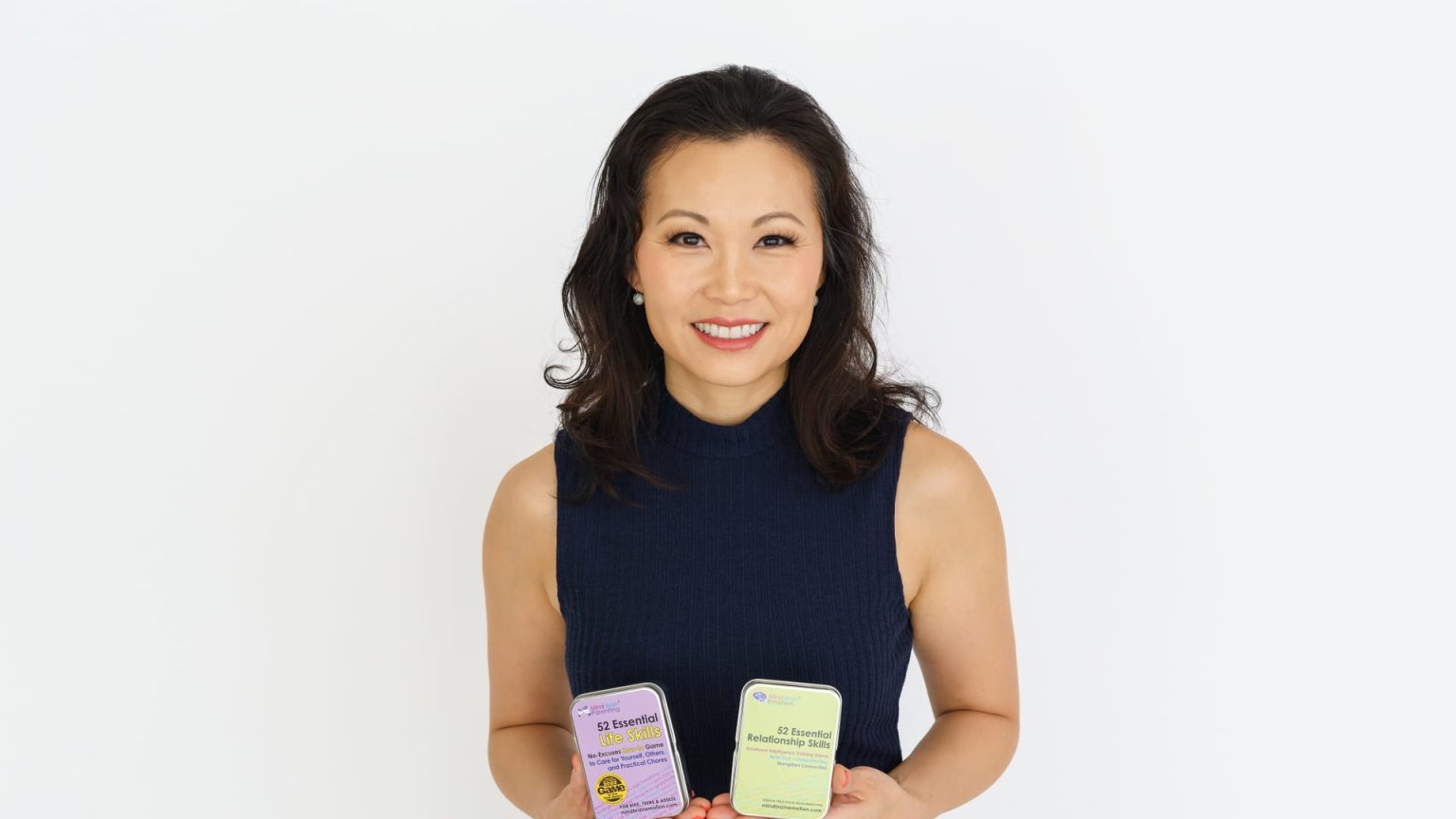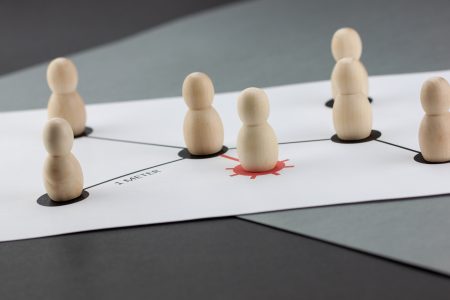Jenny Woo came up with her seven-figure side hustle in a classroom.
She was working on her master’s degree in education at Harvard University, learning about emotional intelligence and child development. The former C-suite consultant and school director thought just about everyone could benefit from learning more about both.
She wasn’t sure how to make the topics easy or interesting to learn, until her professor passed out a deck of cards to play with in class. At that moment, she says, it clicked: She could make an EQ game.
Woo spent roughly $1,000 from her savings to launch her side hustle, Mind Brain Emotion, in 2018. The company, still a one-woman side hustle, makes 11 different EQ-focused card games meant to help train people of all ages on concepts like relationship skills, critical thinking and even job interviews.
Mind Brain Emotion brought in more than $1.71 million in revenue on Amazon last year, according to documents reviewed by CNBC Make It. It averages roughly $32,900 in revenue per week, and Woo, 42, estimates 40% of that revenue is profit.
It’s relatively passive profit, too. Between Woo’s four income streams — the games, lecturing at the University of California, Irvine, running an online course on EQ and freelance business consulting — she works anywhere from three to 30 hours per week, she says.
Here’s how she built her biggest income stream, and how she balances her time:
Juggling careers, education and family
Most of Woo’s professional life has revolved around people. After college, she became a Deloitte consultant, training managers on how to communicate and lead efficiently. She worked as a personal trainer, got an MBA from the University of California, Berkley, and helped train Cisco employees “in the pipeline to become C-suite executives.”
Those roles taught her something: People climbing the corporate ladder didn’t always have EQ skills like social awareness, self-awareness, self-management and relationship management. It held some major organizations back, she says.
Woo left Cisco to pursue a party decoration side hustle called PropMama. When all three of her children became preschool-aged, she got involved in their Montessori school in Southern California — researching child development and deciding to apply for the school’s administrative director role.
She got the job, and did it while running PropMama and freelance consulting for select clients. The change was exciting — she had a history of pivoting careers when jobs started to feel “cookie-cutter,” she says — but balancing her interests left her life and resume scattered.
“Juggling part-time jobs and side hustles aren’t easy,” says Woo. “It’s a lot of sheer grind and not knowing the payoff.”
A million-dollar idea
When budget cuts hit the school, Woo was laid off. Still interested in education, she applied to Harvard University’s Mind, Brain, and Behavior program, got accepted and moved her family to Boston.
She arrived on Harvard’s campus with one goal, she says: “Smuggle out wisdom and research” about EQ, and package it for people outside “the ivory tower” of higher education. For three months, Woo developed the game at the Harvard Innovation Labs, buying sample decks of cards and testing them in local classrooms.
Her first deck, called “52 Essential Conversations,” has two questions on every card: an icebreaker and a longer prompt designed to prompt deeper conversation. Players flip over the cards and take turns answering the questions.
On one card — the five of spades — the icebreaker asks you to describe who you are and how others describe you. The longer prompt, designed to promote social awareness, asks you to think of two other people you know, and consider how you’re alike and different.
A month before graduating from the Harvard program, Woo launched a Kickstarter campaign for the deck with a $1,500 goal. Thirty-one days later, it’d raised more than $10,000, and she launched her game on Amazon.
In 2019, Woo raised an additional $7,500 in a second Kickstarter campaign, and the business brought in six figures in revenue, she says.
A burgeoning family affair
After graduating from the Harvard program, Woo — never one to sit still — moved her family back to Southern California and started an education PhD program at the University of California, Irvine.
She graduated in 2022, and is now a lecturer at the college. She occasionally hires friends to help her handle Mind Brain Emotion’s administrative tasks, so she can keep her working hours minimal, she says.
She’s hesitant to hire anyone in a full-time role, she adds, partially because she wants her pre-teen and teenage children to take over the business one day. EQ is already part of their lives, says Woo: She helps them host videos on Mind Brain Emotion’s YouTube channel, teaching other kids emotional intelligence skills.
Her kids are mostly enthusiastic about it, she says — she motivates them by asking if they want to channel their “inner YouTubers.” Some of the videos only have double-digit views. One, titled “Teach Your Toddler How to Set the Table,” has more than 75,000.
To Woo, the videos and card games show that humans want to learn more about themselves and the world around them.
Emotional intelligence is one of “the essential things that never go out of style,” she says. “We all need [EQ skills] in order to be happy, fulfilled, purposeful and, honestly, decent, good human beings.”
Want to land your dream job in 2024? Take CNBC’s new online course How to Ace Your Job Interview to learn what hiring managers are really looking for, body language techniques, what to say and not to say, and the best way to talk about pay.
Read the full article here














